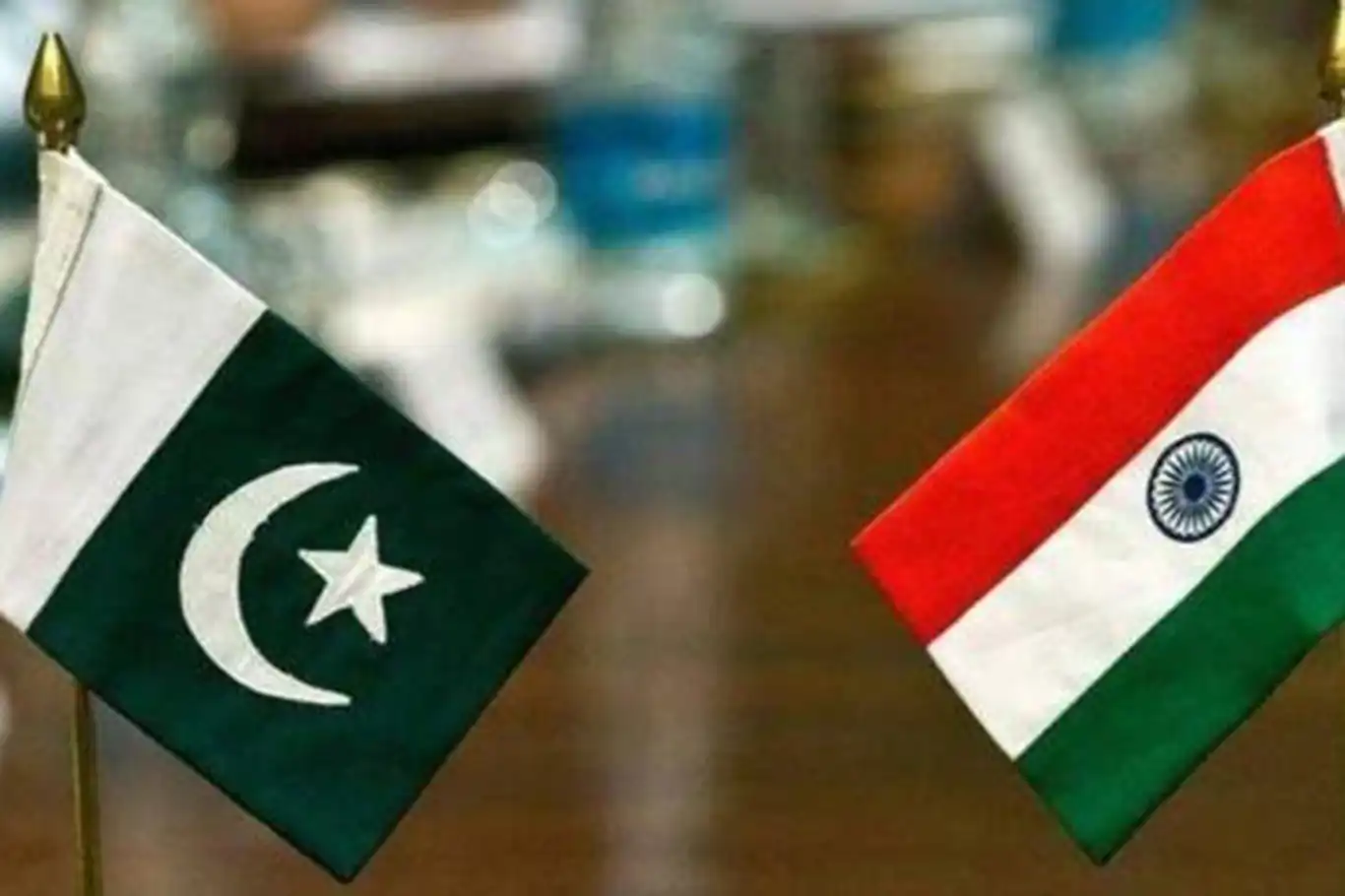India, Pakistan agree to US-brokered ceasefire after days of escalation


India and Pakistan have reached a US-mediated ceasefire agreement, ending days of fierce military clashes that stoked fears of a broader regional conflict between the two nuclear-armed neighbors.
The announcement, made Saturday afternoon by former US President Donald Trump on Truth Social, followed 48 hours of intense diplomatic talks led by US Secretary of State Marco Rubio and Vice President JD Vance with Indian Prime Minister Narendra Modi and Pakistani Prime Minister Shehbaz Sharif.
“After a long night of talks mediated by the United States, I am pleased to announce that India and Pakistan have agreed to a FULL AND IMMEDIATE CEASEFIRE,” Trump posted, praising both nations for their “Common Sense and Great Intelligence.” Pakistani Deputy Prime Minister Ishaq Dar confirmed the truce’s immediate effect via X, while Indian Foreign Secretary Vikram Misri said military officials from both sides agreed to halt all land, air, and sea operations. Further talks between top military officials are scheduled for May 12 to ensure compliance.
The ceasefire follows a violent escalation that began Wednesday with Indian missile strikes on nine Pakistani targets, killing 31, in retaliation for an attack in Indian-administered Kashmir that claimed 25 Hindu tourists and a guide. Pakistan responded with Operation Bunyan Ul Marsoos, targeting Indian military infrastructure. Both nations reported drone and missile attacks on key sites—India cited strikes on Pathankot, Srinagar, and Udhampur, while Pakistan reported hits on Nur Khan, Murid, and Rafiqui airbases. Civilian casualties and damage were significant, particularly in Kashmir and Punjab, though both militaries claimed to target only strategic assets.
The breakthrough drew praise for US mediation. Rubio commended Modi and Sharif for their “wisdom, prudence, and statesmanship,” noting plans for broader talks at a neutral site. In Kashmir, residents like Tanveer Chalko, 30, from Uri, celebrated, with displaced families dancing in relief. However, skepticism persists, with Poonch resident Lal Din, 55, whose home and relatives were lost to shelling, warning that unresolved disputes could spark future conflicts.
International reactions included G7 calls for restraint and cautious optimism from Pakistan’s Senator Sherry Rehman and India’s Foreign Minister Subrahmanyam Jaishankar, who reaffirmed India’s anti-terrorism stance while welcoming the truce. The ceasefire marks a critical de-escalation, though the region remains on edge amid deep-seated tensions. (ILKHA)
LEGAL WARNING: All rights of the published news, photos and videos are reserved by İlke Haber Ajansı Basın Yayın San. Trade A.Ş. Under no circumstances can all or part of the news, photos and videos be used without a written contract or subscription.
Amid rapidly escalating military tensions with India, Pakistan’s Defence Minister Khawaja Asif has stated that the nuclear option is "not on the cards right now," while warning that any further deterioration in the situation could have far-reaching consequences beyond the region.
The United Nations Committee on the Elimination of Racial Discrimination (CERD) issued a scathing condemnation of Israel’s ongoing siege and military campaign in Gaza, describing the crisis as a “man-made catastrophe” driving over 2.3 million Palestinians toward famine, disease, and death.
Pakistan has initiated a major military campaign, dubbed "Operation Bunyanun Marsoos" (Concrete Structure), in a decisive response to recent Indian provocations, military officials confirmed today.